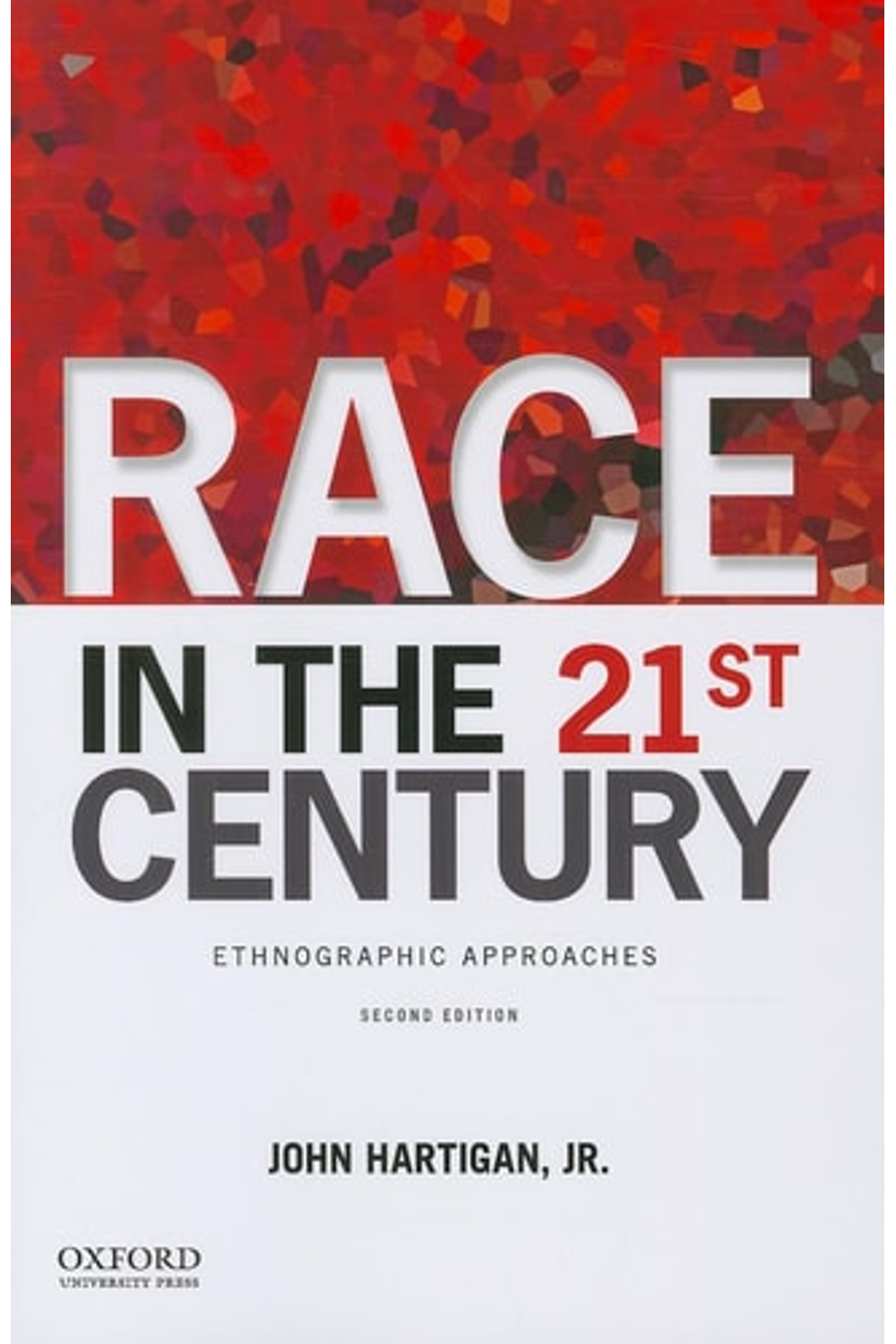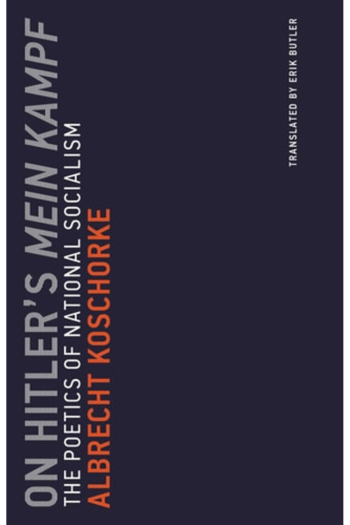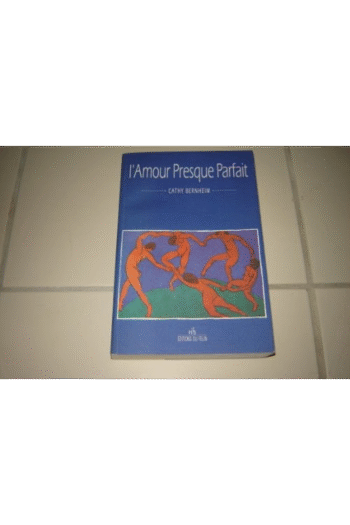Dive into the intricate tapestry of race in America with John Hartigan Jr.’s “Race in the 21st Century: Ethnographic Approaches,” a compelling exploration of racial dynamics through the lens of cultural anthropology. This second edition goes beyond textbook definitions, offering a nuanced perspective on how race is lived, performed, and constantly redefined in everyday interactions. Hartigan skillfully blends ethnographic research with insightful analysis, providing readers with a toolkit to critically examine their own assumptions and navigate complex social landscapes. Rather than focusing on perceived differences, Hartigan illuminates the common ground, exploring how individuals negotiate racial meanings and identities within specific contexts. The book offers a fresh perspective by delving into the social and historical forces shaping race relations and inequality. A key addition is the chapter “Postracial America,” which dissects the contentious debate surrounding the idea of a post-racial society and its true implications for social justice. Hartigan’s accessible writing style and real-world examples make complex theoretical concepts understandable and relatable, encouraging readers to confront the uncomfortable truths about race and power in America. Perfect for students and anyone seeking a deeper understanding of race relations, “Race in the 21st Century” is an invaluable resource for fostering critical dialogue and promoting positive social change.
Race in the 21st Century: Ethnographic Approaches
16,11 $
In stock
What is the state of race relations in the U.S.? Are we making progress toward ending racial discrimination and prejudice? What, exactly, does “race” mean?
In Race in the 21st Century: Ethnographic Approaches, Second Edition, John Hartigan, Jr., takes an anthropological look at such questions by introducing students to the study of race through qualitative methods. In the first text to take an explicitly ethnographic approach, Hartigan summarizes and explains the current state of social science knowledge on race in the U.S., motivating students to think through essential questions about race in relation to their own lives. In contrast with many texts, Race in the 21st Century focuses not on essential differences between racial or ethnic groups, but rather on the commonalities. Hartigan concentrates on the particular contexts in which people actively engage and respond to racial meanings and identities. In this way, he encourages readers to think critically about the meaning of race.
The second edition of Race in the 21st Century features a new chapter, “Postracial America,” which examines contentious arguments about whether or how race still matters in the U.S. today. It engages students fully in the important question of what “postracial America” might mean or look like.
| Authors | |
|---|---|
| Binding | |
| Condition | |
| ISBN-10 | 0199374376 |
| ISBN-13 | 9780199374373 |
| Language | |
| Pages | 258 |
| Publisher | |
| Year published | |
| Weight | 386 |
| Edition | 2 |
Related products
- Additional information
- Currencies
- USD – United States dollar
- EUR – Euro
- GBP – Pound sterling
- CNY – Chinese yuan
- BRL – Brazilian real
- MXN – Mexican peso
- JPY – Japanese yen
- PHP – Philippine peso
- THB – Thai baht
- PLN – Polish złoty
- CAD – Canadian dollar
- MYR – Malaysian ringgit
- AUD – Australian dollar
- TWD – New Taiwan dollar
- CZK – Czech koruna
- SEK – Swedish krona
- HUF – Hungarian forint
- ILS – Israeli new shekel
- CHF – Swiss franc
- HKD – Hong Kong dollar
- DKK – Danish krone
- SGD – Singapore dollar
- NOK – Norwegian krone
- NZD – New Zealand dollar





